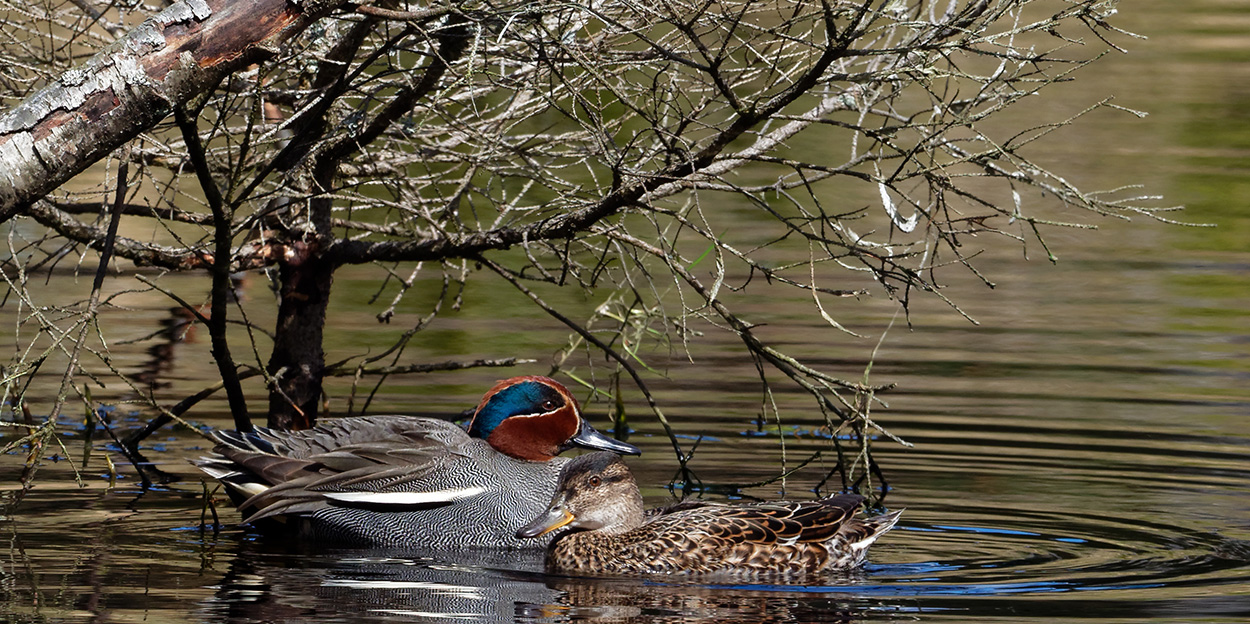
20 Jun 2022 Final countdown to Europe’s new nature restoration law
This week, the European Commission will present the long-awaited proposal on binding nature restoration targets, although further delays are always possible. FACE considers the proposal a crucial step to ensure that a key part of the EU Biodiversity Strategy for 2030 is set in motion.
Europe’s 7 million hunters have been actively involved in habitat restoration for decades at their own cost and will embrace the new initiative as an important step to improve the status of small game populations. Through their first-hand experience, hunters know that this is the best approach to deliver results for nature.
The previous target to restore at least 15% of degraded ecosystems by 2020 was not reached, partly due to a failure to establish appropriate baseline data and lack of political will to act at the appropriate scale. To avoid repeated failure, a two-speed approach is needed:
- A number of specific commitments to certain habitat/ecosystem types in the context of agreed objectives, targets, criteria, measurement and governance aspects of the new law (e.g. restoration measures in place for x % of freshwater ecosystems, creating free-flowing rivers, share of farmland with natural landscape features such as hedgerows, x % of drained peatlands re-wetted);
- A broader strategy with guidance and binding targets for ecosystem restoration until 2030 (and beyond) whereby Member States would be required to develop national restoration plans. The two should work in parallel, but the first will deliver results in a shorter timeframe.
Priority focus areas should include peatlands, freshwater ecosystems, agro-ecosystems (in particular grasslands), and forests. A strategic framework for restoring ecosystems requires priorities at sub-national level and the involvement of regional and local authorities and engagement with wide range of stakeholders from an early stage in the planning process.
As restoration requires a landscape-level approach, the role of community-based conservation involving hunters, farmers, land managers, environmental groups and others will be key to develop successful conservation measures. From FACE’s perspective, the new law should avoid focus on species protection, which is already covered in EU law.
Commenting on the upcoming legal proposal, Torbjörn Larsson, FACE President stated:
“This must be a truly ground-breaking moment for nature conservation and is already a key request in our European Hunters’ Campaign. Importantly, the new proposal must translate into successful local initiatives on the ground and incentivize the important contribution hunters make to the conservation of nature, as demonstrated in www.biodiversitymanifesto.com”.

